
By Josi Seibert
My husband and I live in Chicago on the north side on a quiet, apartment-lined street called Mozart in a neighborhood where our white faces are the minority. Our apartment building is 100 years old and is a four-flat containing four apartments or homes. We (and our two small children) live on the first floor. The other three homes are inhabited by people in our church community. Some call it a Christian commune, some joke it’s a cult. 😉 But we call it intentional and awesome.
The ins and outs of our home are fluid and our door is revolving. Our beloved neighbor-friends “pop in” to chat, ask a question, borrow something, eat a meal or play with our wild kids. Our Afghani friends, who live a couple blocks away, knock on our door at 11pm in tears needing help and comfort. Whether weekend stays of family and friends, a Brazilian man here for a month to study English, or dear friends needing a place to lay their heads in between homes, we have experienced the life-giving, joy-yielding potential of hospitality. We swap stories over bowls of pasta and glasses of wine, laugh together playing Catch Phrase and Funny Bones, and share traumas and dreams over chocolate and cups of steaming tea.
As I’ve thought about hospitality, read about it, practiced it and been a beneficiary of it, I want to share with you five beliefs I now hold that have helped inform my philosophy of home and opening my door to neighbors, friends, and strangers.
1. All is gift. Remembering that everything in my possession (my home, my family, my money, my talents and my stuff) has been loaned to me. As a child of God, I believe He is my heavenly Father, He provides for my needs and that He is the giver of everything good. All is a gift from His generous hand that I neither deserve nor earn nor own. I believe that at the end of my life, I leave empty-handed. All my precious stuff is provisional and short-lived. This belief unpeels my white-knuckled fingers from their grasp around MY things. This belief opens my hand, palms up, ready to share and bless others with what was never mine in the first place.
2. Exclusion vs. embrace. When I meet people I quickly categorize them. Are they better than me? Am I better than them? Are they a threat to me in any way? Can we be so different and be friends? My insecurity demands I judge and compare, which results in walls, defense, exclusion. But when I take a step back and remember every person’s origin, I see an image bearer. Someone who was created in the image of God with beauty and dignity. She is worthy of my time. He has a story to tell and aches to be heard. She has something to contribute. He longs to be loved, lovable, and loving. When I understand how God sees and values them, I choose to soften and embrace.
3. Give it away. Serving others and following Jesus are inseparable. In the Gospel of Mark chapter 10 Jesus says to his disciples, “Whoever wants to be great must become a servant. Whoever wants to be first among you must be your slave. That is what the Son of Man has done: He came to serve, not to be served—and then to give away his life in exchange for many who are held hostage.” (MSG) Jesus gives the example of what it is to serve – both friends and enemies (he invited his betrayer to the table and washed his feet). Hospitality invites us to choose a sacrificial posture of service to others, giving our lives away to build the body of Christ.
4. Boundaries. I think there is a place for boundaries to our homes, especially if our health or marriage is at stake. However, independent Western thinkers, like myself, are bent to believe we need “my space.” We feel entitled to “me time” and do our best to dodge inconveniences of any kind. I’m the first to confess that this is sooooooo me. And, yes, we may need time and space, but they seem to serve us as excuses NOT to invite or live a life accessible to others. I’m convinced, based on personal reflection and experience, that one of the biggest dangers and inhibitors to love (including hospitality) is busyness. We’re hyper-scheduled people with little room for margin. And it’s margin that lets people in. It’s margin that opens the door. It’s margin that has time to listen and to learn how to love another. It’s an act of vulnerability to be available and give people access to your life and home, but it’s the way of love.
5. Learn by being a guest. It’s important to be both the host and the guest. It’s both good and sacred to be the guest. Hospitality is an expression of the heart and nature of God. It is a picture of God the Father, Jesus the Son and the Holy Spirit inviting outsiders to become part of the family of God. I, and all that identify as the family of God, was first a guest. Our being a recipient first informs how we host. God’s generous, all-welcoming love is the stick we measure with and evaluate our own lifestyles and practice of hospitality.
Hospitality has been a good teacher to us. Over the past seven years we’ve intentionally practiced hospitality, we’ve learned lessons in how to create a safe place where people can hang their hats, let their guards down, have their needs noticed and met and belong. Lessons in how to nourish our guests’ stomachs and souls. Lessons in self-sacrifice and laying down our lives for the good and benefit of others. Lessons in the beauty in diversity of culture and beliefs and the power of listening, relating, encouraging, disagreeing and still loving. Lessons in how church can be found around our table. Lessons in how hospitality is a beautiful means to share the gospel.
In a word, hospitality is love.
***
Josi’s Recommendations for Books on Hospitality:
The Gospel Comes with a House Key by Rosaria Butterfield
Imitating Jesus by Lewie Clark
Bread and Wine by Shauna Niequist
About Josi:
 Josi grew up on a farm in rural Nebraska. She received a Masters in Biblical and Intercultural Studies in Chicago. Shortly thereafter, Josi and her husband moved to West Africa to do business and non-profit work. Once they returned to Chicago, they worked for a refugee resettlement agency. Now they work for Icon Ministries to make disciples of Jesus within the context of love, friendship and hospitality. She is enthused about having people around her table, finding ordinary adventures with her husband and two young kiddos and uniquely living out Jesus’ commission to make disciples of all nations.
Josi grew up on a farm in rural Nebraska. She received a Masters in Biblical and Intercultural Studies in Chicago. Shortly thereafter, Josi and her husband moved to West Africa to do business and non-profit work. Once they returned to Chicago, they worked for a refugee resettlement agency. Now they work for Icon Ministries to make disciples of Jesus within the context of love, friendship and hospitality. She is enthused about having people around her table, finding ordinary adventures with her husband and two young kiddos and uniquely living out Jesus’ commission to make disciples of all nations.
***
GIVEAWAY!!!
Head over to my Instagram before October 31st–I’m giving away these FOUR amazing books!
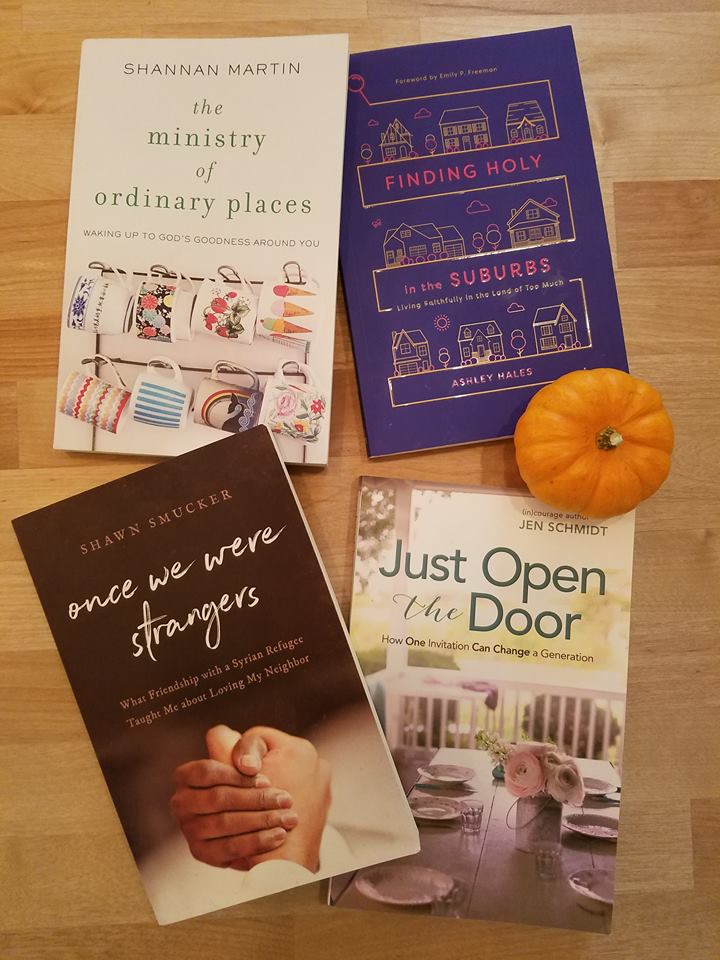
***
 This month on Scraping Raisins we’re talking about practical and impractical hospitality. Be sure to follow along on my social media channels (buttons on top right of website) and subscribe to my newsletter to be updated on all the posts, plus links to thought-provoking articles from the web and a few books and podcasts.
This month on Scraping Raisins we’re talking about practical and impractical hospitality. Be sure to follow along on my social media channels (buttons on top right of website) and subscribe to my newsletter to be updated on all the posts, plus links to thought-provoking articles from the web and a few books and podcasts.
***
Sign up for the (occasional) Mid-month Digest and the (loosely) “end of the month” Secret Newsletter for Scraping Raisins Here:
*This post contains Amazon affiliate links.



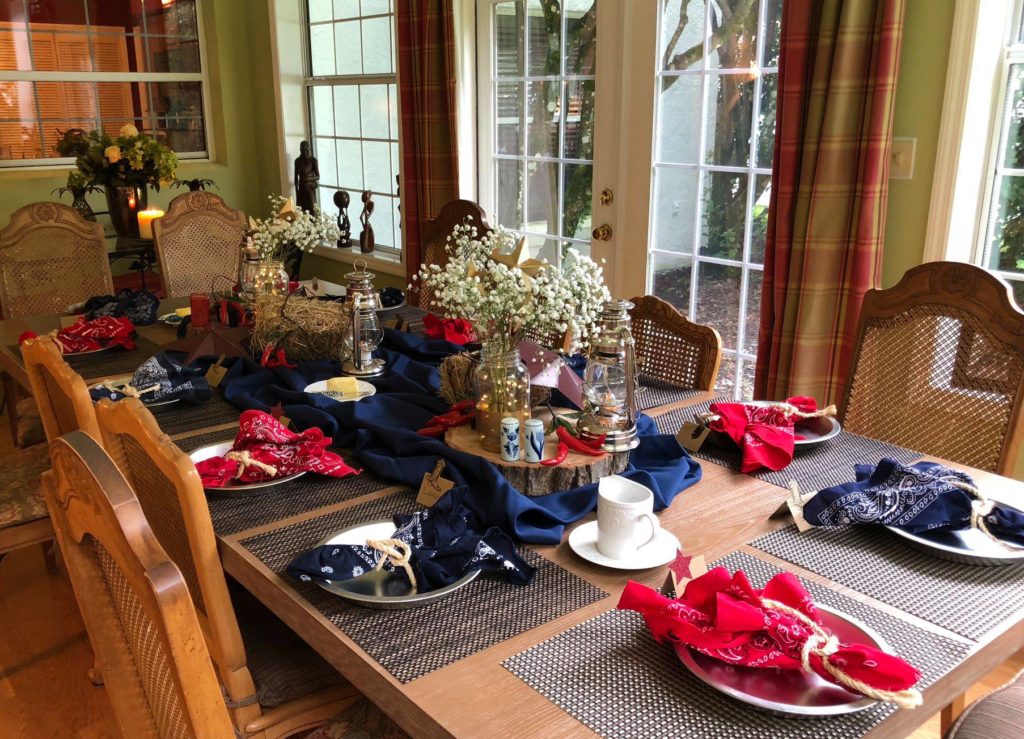
 Judy Douglass is a writer, editor, speaker, encourager. She partners with her husband, Steve, to lead Campus Crusade for Christ (Cru) globally. She writes at
Judy Douglass is a writer, editor, speaker, encourager. She partners with her husband, Steve, to lead Campus Crusade for Christ (Cru) globally. She writes at 
 Sarah loves words. She also loves people. And she loves weaving them together in honest and vulnerable ways that cut underneath the surface and break open the longings of the heart. She is a writer whose words breathe vulnerability and hope into longing souls. Sarah is a director for a nonprofit student center, writes for numerous international ministries, is a member of Redbud Writers Guild, and invites readers to sit with her awhile at
Sarah loves words. She also loves people. And she loves weaving them together in honest and vulnerable ways that cut underneath the surface and break open the longings of the heart. She is a writer whose words breathe vulnerability and hope into longing souls. Sarah is a director for a nonprofit student center, writes for numerous international ministries, is a member of Redbud Writers Guild, and invites readers to sit with her awhile at 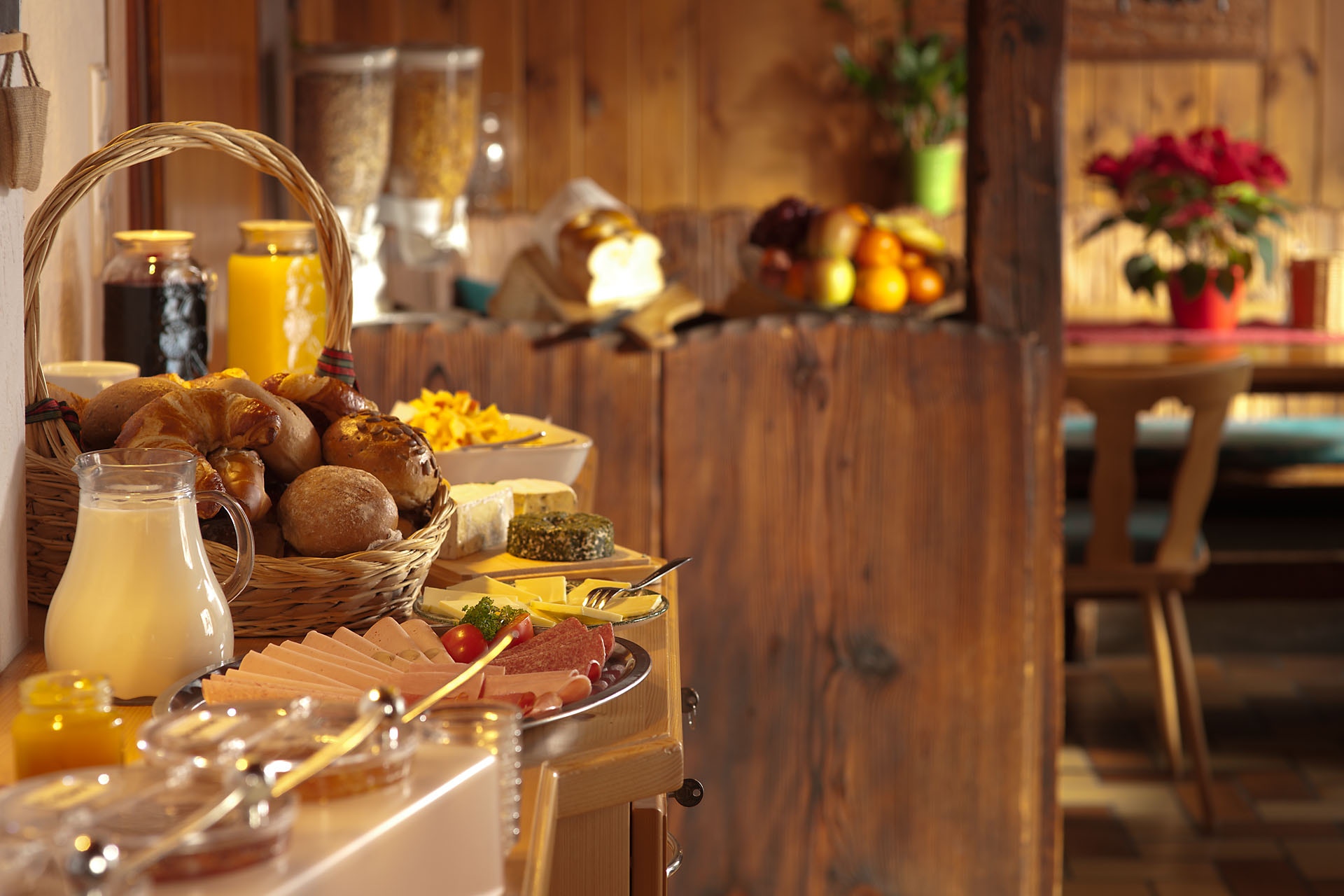
 Ronne Rock weaves themes of transformative hope into everything she shares on page and stage. An award-winning marketing and communications executive in both the corporate and nonprofit sectors, she offers expertise about creative leadership with faith-based organizations. Ronne is a regular contributor to Orange and QARA, a digital publication that empowers 20-somethings to discover their True North. She now invests her time telling stories that change stories with Orphan Outreach, a ministry dedicated to serving orphans and vulnerable children in developing countries around the world. Ronne also loves to share personal stories about life, love, leadership, and a little #kitchentherapy. Her words are published in
Ronne Rock weaves themes of transformative hope into everything she shares on page and stage. An award-winning marketing and communications executive in both the corporate and nonprofit sectors, she offers expertise about creative leadership with faith-based organizations. Ronne is a regular contributor to Orange and QARA, a digital publication that empowers 20-somethings to discover their True North. She now invests her time telling stories that change stories with Orphan Outreach, a ministry dedicated to serving orphans and vulnerable children in developing countries around the world. Ronne also loves to share personal stories about life, love, leadership, and a little #kitchentherapy. Her words are published in  In honor of this month’s theme, I’ll be giving away a copy of
In honor of this month’s theme, I’ll be giving away a copy of 
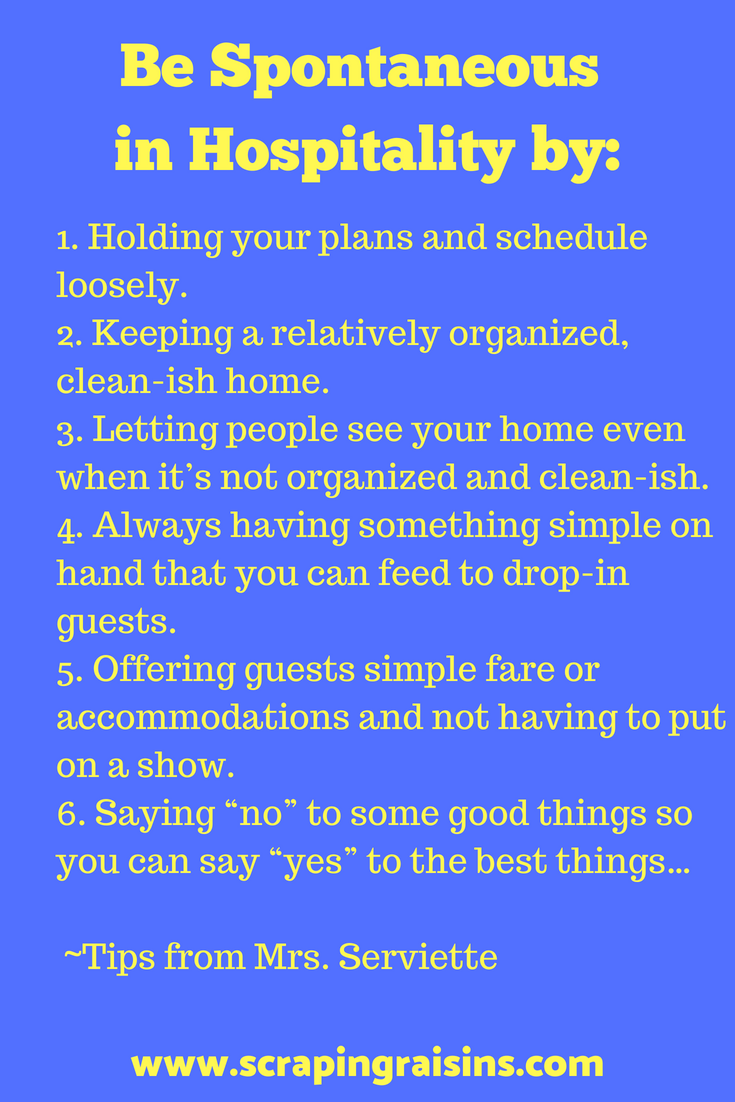
 Mrs. Serviette and her husband, Mr. Serviette, are North Americans living in Germany. They enjoy opening their home to people of all different cultures, backgrounds and religions. Their adventures in hospitality inspired Mrs. Serviette to to start her blog, The Serviette, which encourages people to share their tables in a way that bridges cultural and religious gaps, shows creativity, and serves others. Follow her at her
Mrs. Serviette and her husband, Mr. Serviette, are North Americans living in Germany. They enjoy opening their home to people of all different cultures, backgrounds and religions. Their adventures in hospitality inspired Mrs. Serviette to to start her blog, The Serviette, which encourages people to share their tables in a way that bridges cultural and religious gaps, shows creativity, and serves others. Follow her at her  The theme for August is “Homelessness, Refugees & the Stranger,” so send me a post for that, too, if you have a good idea!
The theme for August is “Homelessness, Refugees & the Stranger,” so send me a post for that, too, if you have a good idea! 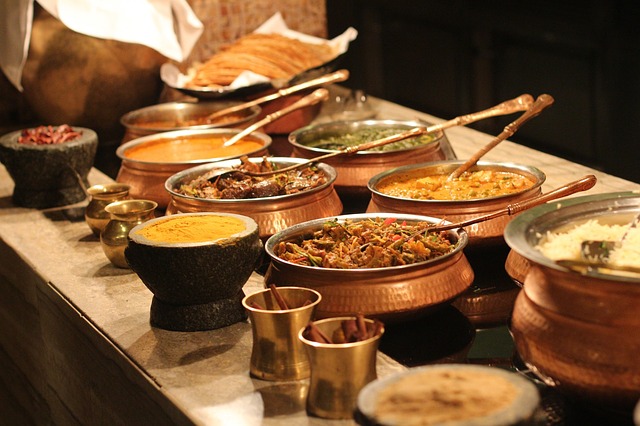
 Mary Grace Otis is a writer, editor, and podcaster who lives with her husband and three boys in northern Michigan. You can find her podcast and posts at
Mary Grace Otis is a writer, editor, and podcaster who lives with her husband and three boys in northern Michigan. You can find her podcast and posts at  We are giving away a copy of
We are giving away a copy of 


 Kelly Simonsen is a cross-cultural friendship builder, INFJ/Enneagram 4, lover of people, music connoisseur, creative cook, wordsmith, and world traveler with roots in the Pacific Northwest who is learning to live well with chronic pain and exploring how her passions and visions can become realities in her life. However, at the heart of it all, she’s a woman who is learning that the core of her identity is the beloved of God, and that is enough. She writes at
Kelly Simonsen is a cross-cultural friendship builder, INFJ/Enneagram 4, lover of people, music connoisseur, creative cook, wordsmith, and world traveler with roots in the Pacific Northwest who is learning to live well with chronic pain and exploring how her passions and visions can become realities in her life. However, at the heart of it all, she’s a woman who is learning that the core of her identity is the beloved of God, and that is enough. She writes at 
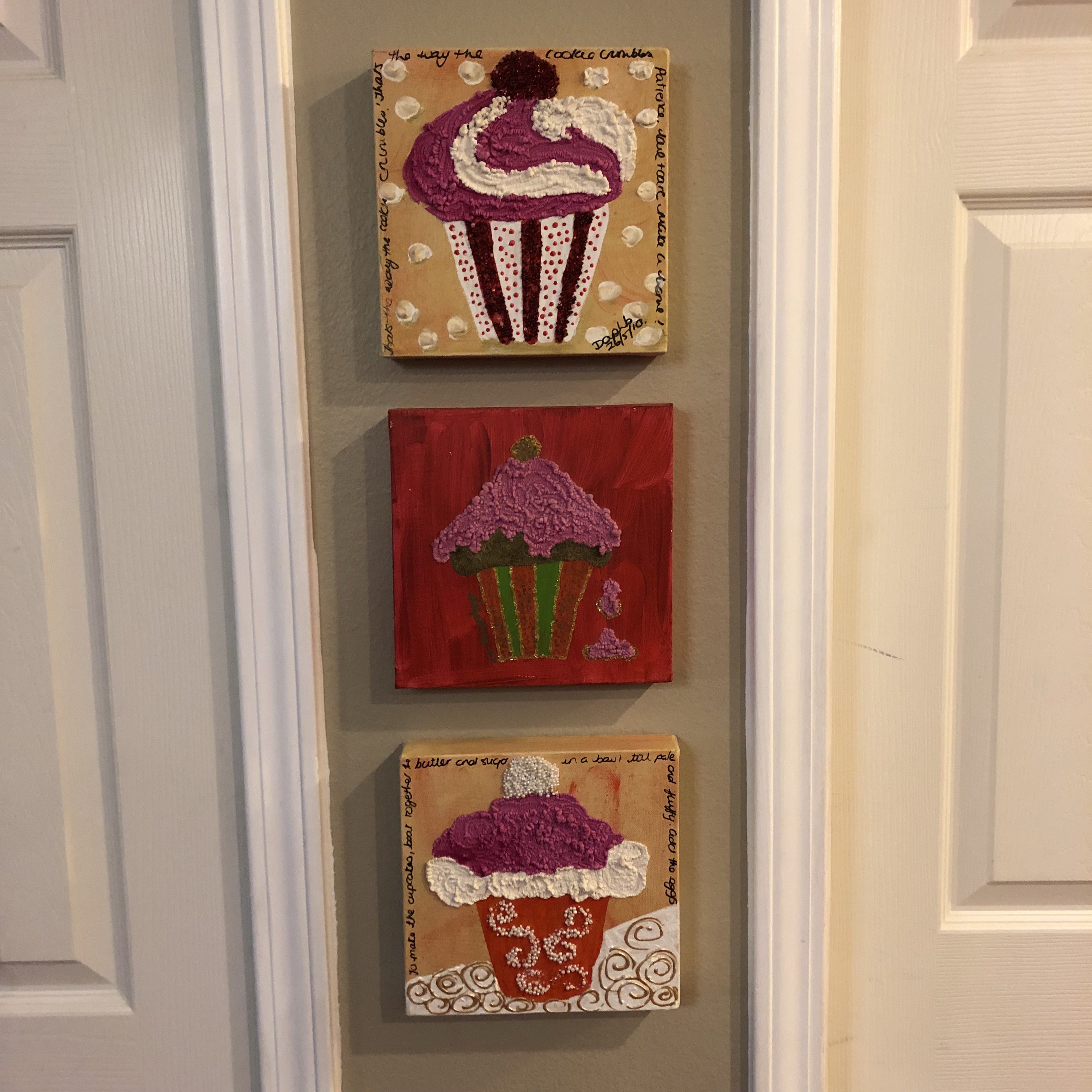
 Patrice Gopo is a 2017-2018 North Carolina Arts Council Literature Fellow. She is the author of All the Colors We Will See: Reflections on Barriers, Brokenness, and Finding Our Way (August 2018), an essay collection about race, immigration, and belonging. Please visit
Patrice Gopo is a 2017-2018 North Carolina Arts Council Literature Fellow. She is the author of All the Colors We Will See: Reflections on Barriers, Brokenness, and Finding Our Way (August 2018), an essay collection about race, immigration, and belonging. Please visit 

 A Coloradan by birth, Alicia currently lives in Cairo, Egypt with her husband, and three boys three and under. Always a nurse at heart, her impossible 24/7 job these days is keeping her boys alive while trying to learn Arabic, engage with her community, and listen to the stories of the refugees, Egyptians, and expats she is surrounded with. Follow her on Instagram
A Coloradan by birth, Alicia currently lives in Cairo, Egypt with her husband, and three boys three and under. Always a nurse at heart, her impossible 24/7 job these days is keeping her boys alive while trying to learn Arabic, engage with her community, and listen to the stories of the refugees, Egyptians, and expats she is surrounded with. Follow her on Instagram